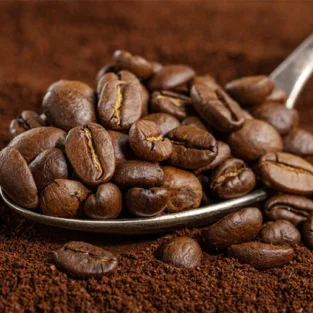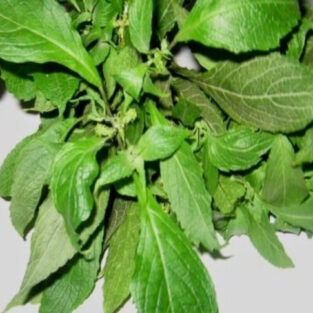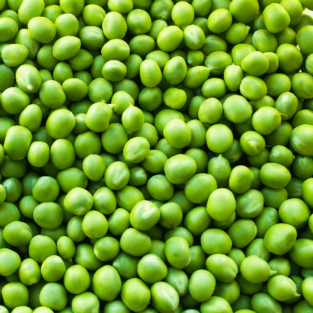Fruits & Vegetables
Vegetables and Fruits- Naijahfresh
Eating a colorful variety and plenty of fruits and vegetables provides a wide range of valuable nutrients.
A diet rich in vegetables and fruits can lower blood pressure, reduce the risk of heart disease and stroke, prevent some types of cancer, lower the risk of eye and digestive problems, and have a positive effect on blood sugar, which can help keep the appetite in check. Eating vegetables and fruits like apples, pears, apricots, and green leafy vegetables may likely promote weight loss. Their low glycemic loads prevent blood sugar spikes that can increase hunger.
Vegetables and fruits benefits
Cardiovascular disease
There is compelling evidence that a diet rich in fruits and vegetables can lower the risk of heart disease and stroke.
The higher the average daily intake of fruits and vegetables, the lower the chances of developing cardiovascular disease.
Green leafy vegetables, such as lettuce, spinach, akwukwo anara, and pumpkin leaves, were most strongly associated with decreased risk of cardiovascular disease. Cruciferous vegetables such as broccoli, cabbage, Brussels sprouts, and kale; and citrus fruits such as oranges, lemons, limes, and grapefruit (and their juices) made significant contributions.
Cruciferous vegetables belong to the group genus Brassica. The edible members of this family are called cruciferous vegetables. This is because their four-petaled flowers look like a crucifer or cross.
Blood pressure
A study was conducted. The reason was to know the effect of a diet that is rich on vegetables and fruits and low-dairy products. The researchers found that people with high blood pressure who followed this diet reduced their systolic blood pressure (the upper number of a blood pressure reading) by about 11 mm Hg and their diastolic blood pressure (the lower number) by almost 6 mm Hg—as much as what medications can achieve. This research was conducted by the Dietary Approaches to Stop Hypertension (DASH).
A meta-analysis of clinical trials and observational studies in 2004 found that consumption of a vegetarian diet was associated with lower blood pressure.
Cancer
Many early studies revealed what appeared to be a strong link between eating fruits and vegetables and protection against cancer. Dark green cruciferous veggies also are a source of vitamins A and C and contain phytonutrients — plant-based compounds that may help to lower inflammation and reduce the risk of developing cancer.
Diabetes
A 2012 study found out that greater consumption of whole fruits—especially blueberries, grapes, and apples was associated with a lower risk of type 2 diabetes.
Weight loss
Berries, apples, pears, soy, and cauliflower are associated with weight loss while starchier vegetables like potatoes, corn, and peas were linked with weight gain. However, let us know that adding more veggies to the diet won’t necessarily help with weight loss unless it replaces another food.
Vision
Eating veggies can also keep your eyes healthy, and may help prevent two common aging-related eye diseases. They are cataracts and macular degeneration.
Gastrointestinal health
Fruits and vegetables are rich sources of fiber. It absorbs water and expands as it passes through the digestive system. This can calm symptoms of irritable bowel. Also by triggering regular bowel movements, it can relieve or prevent constipation.
Showing 1–9 of 64 resultsSorted by latest
-
Packaged Produce
Premium Homemade Tomato Paste – 500g
Original price was: £2.08.£1.82Current price is: £1.82. Add to cart












